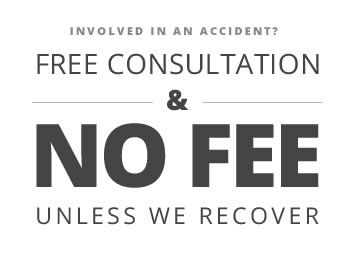One of the things clients who are being deposed are told at the beginning of a deposition is that there might be objections by the client’s lawyer and then the client may be told to go ahead and answer anyway. That can be a little bit confusing – why the lawyer would be objecting and then telling saying to go ahead and answer. These depositions of course are under oath and therefore, whatever is said is testimony and can be brought up in court. Now if a possible objectionable question is asked by the opposing lawyer at a trial I would object right then and there and the trial judge might sustain the objection and the answer to that particular would never see the light of day.
The same evidentiary principles apply at the deposition, even without a trial judge. Once an objection is made at the deposition, even if the client is then instructed to answer, that objection is part of the deposition record. Should the case actually go to trial, the trial judge at a pre-trial hearing in chambers will discuss and read the deposition objections that we think are relevant. The judge will then make a ruling on whether or not he thinks that’s an objectionable question.
Deposition Instructions:
He finds that the question was objectionable he sustains the objection and, that question and answer will be redacted from the transcript and cannot be brought up in trial.
Occasionally a deposition question might be deemed so objectionable that I actually will instruct my client not to answer. There is usually a Motions Judge available in every Circuit Court on duty and we actually stop the deposition, call the motions judge, explain the context of the objection and the motions judge will give us a ruling right then and there as to whether an answer will be required.


